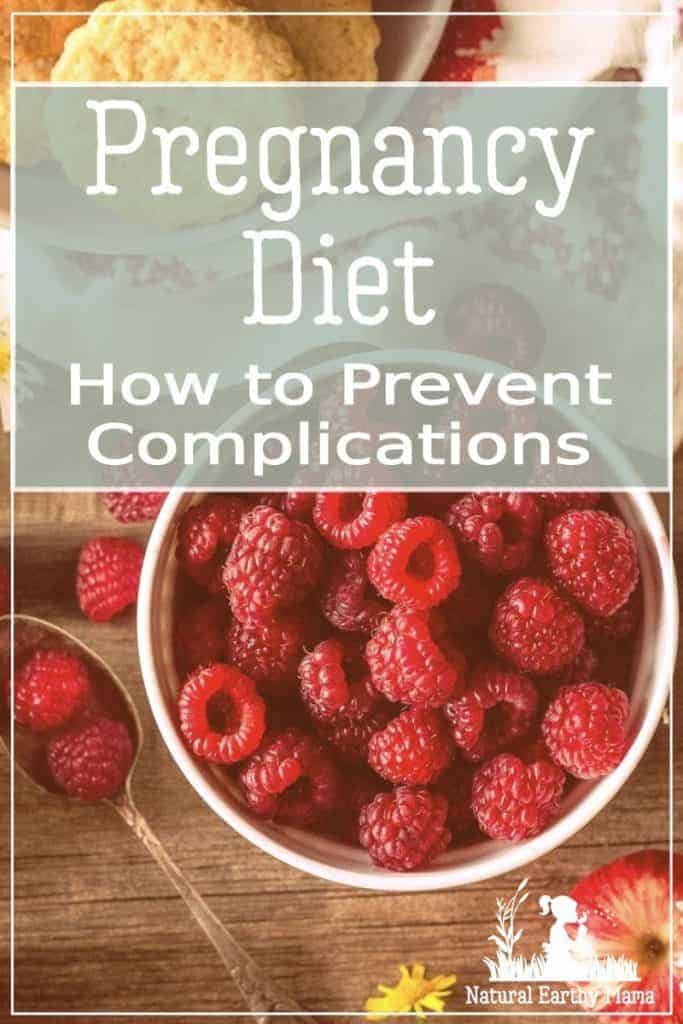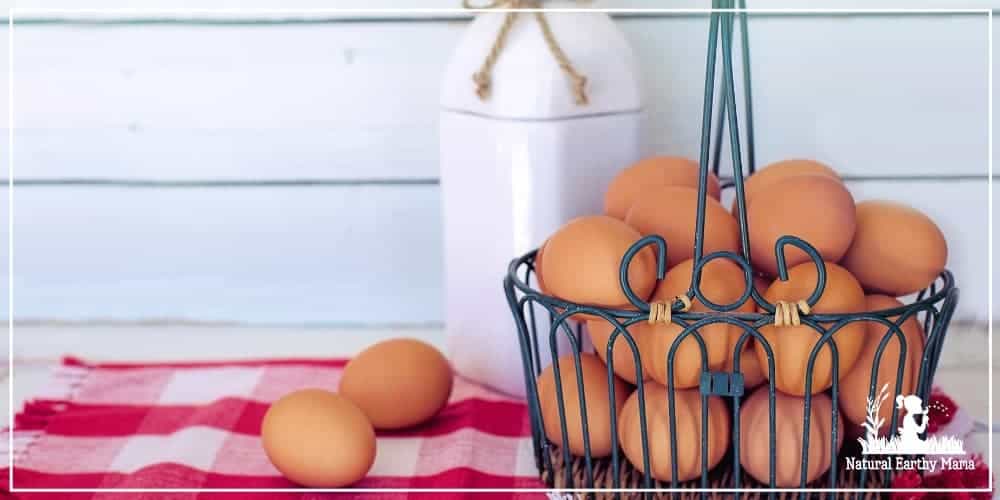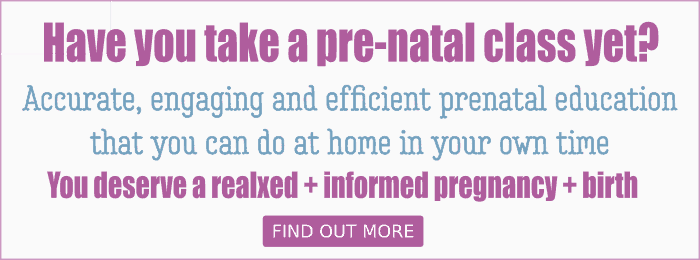 The foundation of a complication free, healthy pregnancy is your diet.
The foundation of a complication free, healthy pregnancy is your diet.
What you eat before and during pregnancy has a profound influence on how you feel, your health and your baby’s health.
Please read: This information is provided for educational purposes only and is not intended to treat, diagnose or prevent any disease. We encourage you to make your own health care decisions in partnership with a qualified health care professional.
This post contains affiliate links, this means at no extra cost to you, we make a commission from sales. Please read
our Disclosure Statement
Pregnancy Diet: How to Eat well and Prevent Complications
Article includes:
The importance of good maternal nutrition in pregnancy
Why is it important for a mother to be healthy before pregnancy?
Which nutrients are needed in the greatest amounts during pregnancy?
What are the foods to eat during pregnancy?
What not to eat or drink while pregnant?
Losing weight during pregnancy
Pregnancy diet to prevent pre-eclampsia
Pregnancy diet to prevent gestational diabetes
The Importance of Good Maternal Nutrition in Pregnancy
Why is it important to have good nutrition during pregnancy? Nutrition is the foundation of our cells. We are, quite literally, what we eat.
To grow a healthy, thriving, resilient child while maintaining our own health, we have to eat well.
Eating a high nutrient diet during pregnancy is linked to good fetal brain development, healthy birth weight, and it reduces the risk of many birth defects.
A balanced diet also reduces the risks of anemia, fatigue, morning sickness, pre-eclampsia and gestational diabetes. Good nutrition is also thought to help balance your mood and it may improve your labor and delivery as well.
Generally, a pregnant woman needs to add about 300 extra calories daily after the first trimester to meet the needs of her own body and her developing baby. But these calories, as well as her entire diet, need to be healthy, balanced, and nutritious.
Why is it Important for a Mother to be Healthy Before Pregnancy?
For your body to prepare to get pregnant, with the strongest, best eggs and sperm, you and your partner need to be in good health before conception.
A good, nutrient rich diet is key in balancing hormones, reducing the amount of toxic laden belly fat and maturing healthy, viable eggs.
It is particularly important that you are consuming enough folate (the natural form of folic acid) both before and during the first 12 weeks of pregnancy. This has been shown to greatly reduce the risk of neural tube defects like spina bifida (1).
Getting enough iron prior to pregnancy allows your body to build your ferritin stores (iron storage) that you will use this during pregnancy, labor and breastfeeding.
For example with my baby number 3, my midwife mentioned she had never seen ferritin stores as high as mine – they were 180ng/ml. By 36 weeks of pregnant they were 17. I am quite glad they were high to start with!
RELATED POST: The fertility diet
Which Nutrients are Needed in the Greatest Amounts During Pregnancy?
- Iron
- Folate
- Iodine
- Zinc
- Vitamin D
- Calcium
- Healthy Fats
Iron
Pregnancy depletes a mother’s iron stores. Low iron levels in early pregnancy have been linked to premature birth and low birth weight, as well as anemia and exhaustion in the mama!
The average requirement for iron in pregnancy is 22mg/day but some women will need 27mg/day or more.
Iron is better absorbed from animal foods (when compared to plant sources), and having vitamin C at the same time greatly improves the absorption rate as well. Please be aware that tea, coffee and unprocessed bran can lower iron absorption.
Liver and red meat are the best source of iron as well as also being a good source of protein and zinc. Other meats like chicken and fish also contain iron but not as much as red meat.
Folate
Folate is a B vitamin that is needed for healthy growth and development. A growing baby, especially in the first 12 weeks, needs lots of folate to ensure good formation of the neural tube (the bit that becomes the brain and spine).
Folate and folic acid are different. Although they are both varieties of vitamin B9, they are not the same thing. Folate is the natural form, folic acid is a synthetic variation that is less easily used by the body (3).
Folate rich foods include:
- 1 cup of raw spinach has 58 mcg and a cup of cooked + drained spinach has 263 mcg
- 1/2 cup of raw, sliced avocado has 59 mcg
- 1 cup of shredded romaine lettuce has 64 mcg
- 4 spears of boiled asparagus have 89 mcg (or 134 per cup)
- 1/2 cup of cubed papaya has 27 mcg
- 1 cup of cooked Brussels sprouts contains 47 mcg
- 1 cup of cooked quinoa has 78 mcg
- Parsley has 91 mcg in one cup

Iodine
Iodine is needed in very small (but essential) amounts by the human body. Iodine is essential to the production of thyroid hormones. The thyroid regulates body temperature, metabolic rate, reproduction, growth, blood cell production and nerve and muscle function, so it is super important.
Mild to moderate iodine deficiency in pregnancy can result in learning difficulties and can affect development of motor skills and hearing in your child.
Seafood and seaweed are good sources of iodine, the amount of iodine in other food like milk and vegetables, depends on how much iodine is in the soil.
Zinc
Zinc is used to make various enzymes that help keep many proteins in your body in the right shape so that they work properly. It also has a role in gene expression, so getting enough is super important for the rapid cell growth that happens during pregnancy.
The average requirement for zinc during pregnancy is 9mg/day. Zinc can be found in:
- Meat
- Eggs
- Milk
- Seafood
- Legumes
- Nuts.
Vitamin D
You need vitamin D to keep your bones healthy and to provide your baby with enough vitamin D for the first few months of its life.
Vitamin D is involved in balancing the amount of calcium and phosphate in the body, and these are needed to help keep bones and teeth healthy.
Only a few foods contain vitamin D, such as oily fish, cod liver oil, butter and eggs.
The best source of vitamin D is summer sunlight on your skin. The amount of time you need in the sun to make enough vitamin D is different for every person, and depends on things like skin type, the time of day and time of year.
Vitamin C
Vitamin C is important for the formation of collagen which is especially important in both your own, your placenta and your babies, blood vessels.
Vitamin C also improves adsorption of iron from your diet.
Excellent dietary sources of vitamin C include fruit and vegetables, particularly kiwi fruit, oranges and leafy greens.
Calcium
Calcium is vital for making your baby’s bones and teeth. Fish with edible bones – such as sardines – are rich in calcium. Bone broth is a rich source of minerals including calcium. Dried figs and apricots, almonds, and green leafy vegetables like watercress, broccoli and curly kale are other good sources of calcium.
The recommended dietary intake of calcium per day for pregnant women is 1000 mg. However, reducing foods like sugar that cause your body to be in an acidic state reduces your need for calcium. As your body uses calcium in its pH balancing cascade.
Healthy Fats
Babies need fat. It is essential for growth, especially for the development of the nervous system and of the brain, which is 60% fat (2).
By healthy fat we are referring to naturally occurring, unprocessed fats. The best are saturated – butter, lard, dripping and tallow and medium-chain-triglycerides like virgin coconut oil.
Next in the list are the virgin cold pressed fruit oils – olive oil and avocado oil.
AVOID margarine, corn, soy and canola oils.
What are the Foods to Eat During Pregnancy?
You need to be eating plenty of fresh vegetables, meat and healthy fats.
- Liver
- Other meats
- Eggs
- Avacado
- Fats
- Cod liver oil
- Fresh vegetables
- Bone broth
- Coconut and coconut oil
- Butter
- Oily fish
- Seafood

What Not to Eat or Drink While Pregnant?
While you are pregnant you are extra susceptible to illnesses, some of which can cause real damage to, or loss of, your baby.
You want to avoid anything that has been in the deli counter at the store, as well as left overs in your fridge. Avoid raw cheese and commercially packaged salads. All of these foods are high risk for listeria.
Foods to avoid when pregnant:
- Deli meat
- Deli salads
- pre-packaged salads
- Raw cheese
- Caffine
- Energy drinks
- Soda
- Cakes and cookies (especially commercially made ones)
- Refrigerated smoked seafood
- Raw or undercooked meat, poultry, eggs, or seafood
- Fish that is likely to be high in mercury, like swordfish, shark, tuna, king mackerel, and tilefish
Losing Weight During Pregnancy
Sometimes in early pregnancy, a woman will lose weight due to the nausea (and sometimes vomiting). Generally speaking, attempting to lose weight on purpose during pregnancy is NOT a good idea.
To lose weight usually means you are not consuming enough calories to feed both yourself and your baby well.
HOWEVER, if you are used to eating the Standard American Diet (SAD) full of soda, cookies, empty calories and horrible toxins, and you choose to swap to a fertility diet, designed to feed and nourish your body properly, you might find that your body chooses to lose weight while you are pregnant.
Weight loss in pregnancy can be a symptom of things going wrong, so if you are losing weight please check in with your doctor.
Pregnancy Diet to Prevent Pre-eclampsia
I am a strong advocate of the late Dr. Brewer’s views about the protective role of a good diet and adequate nutrition in pregnancy.
A diet high in protein, fat (calories) and fresh vegetables, with ample salt and water to thirst has been shown to drastically reduce the occurrence of pre-eclampsia in pregnancy (4)
Previously called toxemia, preeclampsia is a condition that only pregnant women develop. The common first symptom is high blood pressure.
The exact causes of preeclampsia and eclampsia ( a result of a placenta that doesn’t function properly ) are not known, although some researchers suspect poor nutrition or high body fat can be potential contributors, PCOS is another risk factor.
Insufficient blood flow to the uterus and genetics play a role as well in some cases.
Women with pre-eclampsia have high levels of protein in their urine and often also have swelling in the feet, legs, and hands. This condition usually appears late in pregnancy although it can occur earlier.
If undiagnosed, preeclampsia can lead to full blown eclampsia, a serious condition that can put you and your baby at risk, and in rare cases, cause death.
Women with PCOS are at higher risk in developing pre-eclampsia, as do first time mothers. I was a classic one – PCOS and first time, eating a terrible (weight watchers) low fat, high carb diet.
With my next two children I knew so much more, and was eating a fertility diet and I never had a problem.
To avoid pre-eclampsia in pregnancy you need a diet that is:
- High in good, natural fats (45% or more of calories)
- Moderate in protein (over 25% of calories)
- Lower in carbohydrates (less than 40% of calories)
- Full of fresh vegetables
- Lots of high nutrition foods (flax seeds, walnuts, cod liver oil, avocado)
- Liver, red meat, eggs and fish
The Dr Brewer diet follows these principles, but he recommends a huge volume of dairy. This was because, at the time he did his study, dairy was the cheapest way of including lots of protein in the diet.
Many women are really not good with dairy, so I recommend that you look to gain your protein from meat and nuts.

Pregnancy Diet to Prevent Gestational Diabetes
Gestational diabetes is a (usually) temporary condition that happens because of all the extra strain on the body during pregnancy. Sometimes a woman cannot produce enough insulin to keep the sugar in her blood stream at healthy levels.
Women with PCOS are at particular risk, as many already have issues with insulin or even insulin resistance.
There’s only so much you can do to reduce your risk of gestational diabetes – some women will develop it regardless of how healthy their lifestyle is.
However, most people can make Gestational Diabetes less likely by:
- Maintaining a healthy weight before pregnancy
- Following the right diet
- Staying active
Foods to eat to minimize the risk of Gestational Diabetes
- Eat protein with every meal or snack
- Include daily vegetables in your diet
- Thirty percent or more of your diet should be made up of healthy fats
- Low sugar fruits like berries
- Coconut milk and coconut oil
Foods to avoid to minimize the risk of Gestational Diabetes
- Fast food/fried foods
- Alcoholic beverages
- Baked goods, such as muffins, donuts, or cakes
- Sugary drinks, such as soda, juice, and sweetened beverages
- Candy/sweets/desserts
- Very starchy foods, such as white potatoes, rice, pasta and white flour
A typical day’s diet while pregnant might include:
Breakfast
Bacon and eggs, with tomatoes OR a smoothie with berries, chia, flax seeds and coconut milk
Lunch
Oven baked fish and salad OR Chicken soup
Dinner
Steak, eggs and salad OR Lamb chops, steamed vegetables and butter
Pregnancy Diet: How to Eat well and Prevent Complications
Your diet, both before pregnancy and during pregnancy, can have a massive impact on how you feel, what complications you experience, and the growth and development of your child.
The diet you should follow during pregnancy is the same as the hight nutrient fertility diet that you should be following before you get pregnant (presuming it is already not too late!).
It is rich in vitamins, minerals, protein and fats for your body’s hormone production as well as your baby’s nerve and brain creation.
As always, check with your doctor before making any major changes in your diet or exercise routine.




